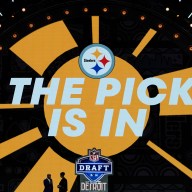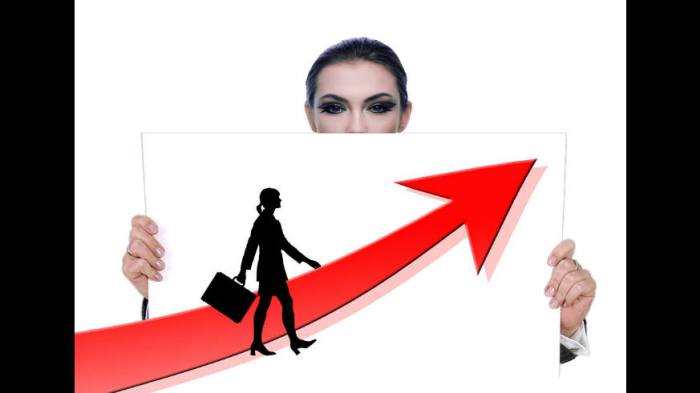Hustlers — you know, those cutthroat, scheming, do-what-you-gotta-do-for-a-buck types — historically don’t have the best reputation. But now that just over a third of U.S. workers are part of the hustle economy,the word is being reclaimed by freelancers, creative types, and innovative opportunity seekers who don’t just find niches, but create them. You know, hustlers.
Editor, producer and creator of the popular blog ‘I Love Charts,’Jason Oberholtzer gathered a bunch of hustlers (writers, producers, filmmakers, comedians, and startup founders) to pen essays about the grind in “The Hustle Economy: Transforming Your Creativity into a Career.”Drawing from the collection, Oberholtzer busts a few myths about hustling for a living. RELATED: Why meditation makes you more productive than multitasking
Myth #1: “Making it” means you earn a living being creative RELATED:Negotiating isn’t ruthless, it’s business Myth #2: Talent equals success Myth #3: If you’re not successful, it’s because you’re not tyring hard enough Myth #4: The hustle is risky and unstable Says Oberholtzer, “Whenever anyone asks, ‘Don’t you want the security of a full-time job? Aren’t you afraid? How are you doing that thing you do?’ Kindly remind them of how fickle the business world is. How disrupted — to borrow a terrible tech term — most industries are at this point. And
Most hustlers take on a range of gigs to pay the bills. They may never subsist solely on earnings from their creative endeavor, which is why the bar for “making it,” says Oberholtzer, “should be set lower in terms of finance, but also in terms of output. What I mean by that is, to call yourself a creative person, — say, to call yourself a musician — you need to earning 100 percent of your money doing creative things that you need to be doing. That’s the myth,” he says. The truth? Many composers who’ve made it also teach or develop music theory textbooks, among other pursuits.
Being driven and talented is a prerequisite for hustling success — but it’s no guarantee. Privilege plays a huge role: “If you have a day job, and you have to pay off your student loans, then you’re going to have to do a lot of your own work to provide yourself with opportunities,” says Oberholtzer. But a financial leg up is only part of of it, says Oberholtzer. “Privilege is also just having access to intelligent voices who can help you navigate the challenges,” he says. In other words, being part of an artistic community is a form of privilege too.
Because hustlers are proactive do-ers, it’s easy for them to internalize external road bumps as personal failings, says Oberholtzer: “I think we stew in that too much because as self-sufficient people, we are used to being able to solve our own problems.” The solution? Cut yourself some slack. “Treat yourself better, treat your body better, give yourself a break. Understand if your creative relationships are helping you or not helping you.”
Oh, the irony. Besides creatives, the hustle economy is comprised of people who had big dreams of cubicle dwelling “stability,” but ended up making due. So which path is really riskier?
[given] the dangers of being beholden to any one particular employer — the only way to have a job security is to be above the success or failure of any given project, specifically, any given company.”
The biggest myths about the hustle economy

I’m a hustler, baby.


















